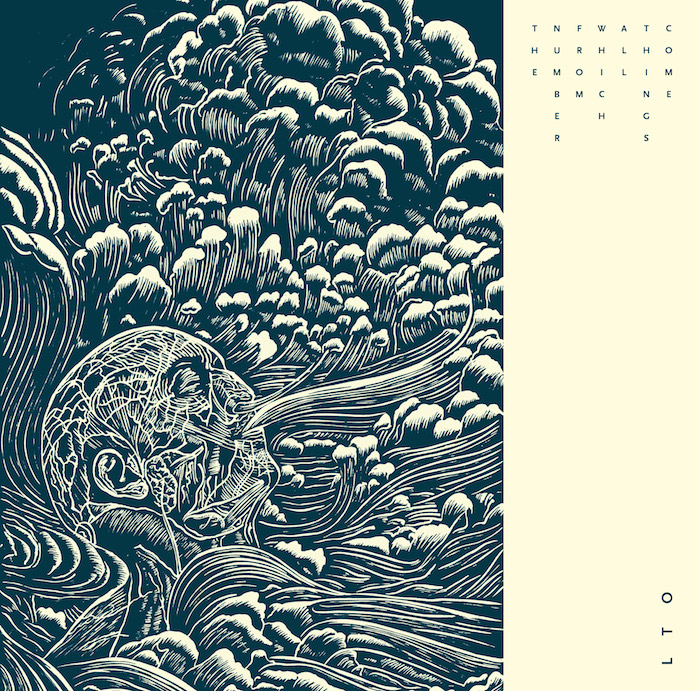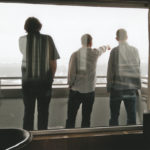The Bristol sound lives on. Or a version thereof. Though this debut album by LTO from the Old Apparatus collective is highly intricate electronica and thoroughly modern, it has an organic heart. The core borrows from the dubbed-out tradition favoured by The Wild Bunch and back further still in the West Country city. It’s a dark and moody beast but inside the machine clanks and other-worldly funk is a warmth. Alienating and comforting at the same time – quite a feat to pull off.
Perhaps this achievement is partially explained by the construction of the record. Alongside more traditional bits of kit, LTO has used a Celtic bodhran, sounds from the 2012 Olympics construction site, a trumpet, the strings of a dilapidated piano and a drum machine helped along by crumpling paper. Such carry-ons cannot fully explain it, though – it definitely has the ongoing zeitgeist from that faintly hippyish city coursing through its veins.
Tracks like ‘Revive‘ have an insidious way of getting inside your head. Initially, seemingly innocuous scrapes and pitter-patter percussion end up drilling their way in through the ears before become thoroughly and pleasingly twisted. Atmospheric and more than a little disquieting whilst strangely and gently beautiful with the melody. That sort of high-wire act extends right across The Number From Which All Things Come. What at low volume is rather beguiling becomes altogether more menacing with the faders turned up and the half-hidden rumbles running riot.
The presence of the old non-electronic drum is helpfully signposted by track three being titled ‘Bodhran‘. Underneath some almost white noise distortion, it creates a fair old racket. Though the record is contemplative, dystopian and has a soundtrack vibe it certainly isn’t ambient. The old Celtic fellows were clearly in on the rave game early with this hefty bonk. It’s a lovely and faintly alarming marriage. Confrontational but utterly seductive. As is a recurring theme. Even ‘One Girl‘, which perhaps is a hymn to a lost love, sounds a little like it may wish to feed the object of its affections into a blast furnace whilst being rather yearning in its repeated vocal.
Whilst not as aggressive as artists such as Autechre can be, the album is nonetheless pretty avant-garde. It’s testing without being try hard. Something the outer reaches of electronic music can be a little prone to. Even the deeply distorted and sonorous ‘Awaken‘ and the flute-inflected ‘Tweleven‘ manage to sound natural and unforced.
Not quite sure where the Olympic building site fits into all this partially-controlled chaos, but we’ll take his word for it. Wherever it is, it features on a supremely impressive debut that alternates between the most introverted brooding to an extrovert hip-waggle at the other end of the spectrum. The most pleasant of dreams and the power of nightmares. Very much one to keep an eye on and a really rather remarkable effort.




